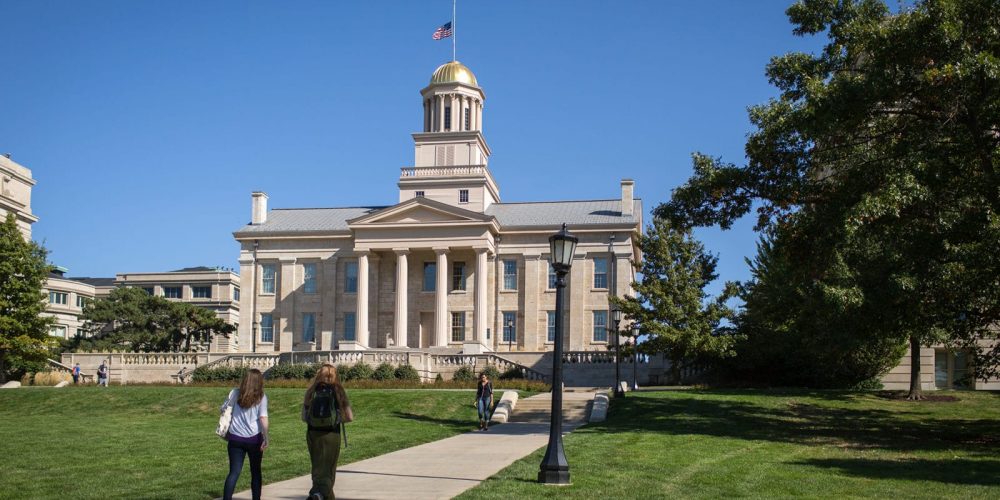Once again, an assault on religious liberty has struck the Hawkeye state, this time at the University of Iowa itself. And once again, The FAMiLY LEADER is working behind the scenes to defend every Iowan’s freedoms.
Shortly before Thanksgiving, The University kicked off campus a student group – Business Leaders in Christ, or BLinC – because of a dispute over the religious group’s beliefs. An openly homosexual student had complained that he had been denied the vice presidency of BLinC because he refused to sign the group’s Statement of Faith, which affirms the Bible’s authority on human sexuality.
University officials, in turn, sided with the complaint, and – according to a lawsuit filed on BLinC’s behalf – singled out BLinC’s Christian beliefs about sexuality, finding that the beliefs themselves were “discriminatory and impermissible.” In fact, the University is demanding BLinC change its Statement of Faith and submit an “acceptable plan” for choosing its leaders before it can return to campus.
“This is premeditated religious discrimination, plain and simple,” said Eric Baxter, senior counsel at Becket, the religious liberty law firm representing BLinC. “A state school cannot demand a change to students’ faith any more than the U.S. president could demand a change to the Bible.”
TFL’s Vice President and Chief Counsel Chuck Hurley has been working alongside Iowa legislators and Becket conducting intense legal research and consultation to help the Christian students find either a judicial or legislative solution to the dispute.
“By inserting itself as a theological and moral authority over Christian practice,” Hurley explains, “the government has grossly violated the separation of church and state and trampled the rights of all Iowans. The government has no business determining which pieces of a religious group’s Statement of Faith are and aren’t ‘acceptable.'”
In BLinC v. University of Iowa, BLinC is asking the court to stop this religious discrimination and allow it to choose leaders who embrace its mission, just like every other student group on campus.
In fact, there are over 500 student groups at the University. Fraternities and sororities, for example, can limit membership to men and women respectively. Pro-choice groups can reject students who are pro-life and vice versa. Feminist groups may require members to support their cause. And environmental groups can choose leaders who support theirs. But even though BLinC allows anyone to join, the University is uniquely denying BLinC the ability to require its leaders to share its mission and beliefs.
The students of BLinC, however, are sticking to their convictions.
“This is 2017, not ‘1984,’” said Jacob Estell, the student president of BLinC. “Our beliefs weren’t made by us, and they can’t be changed by us either – certainly not just to satisfy Orwellian government rules.”



